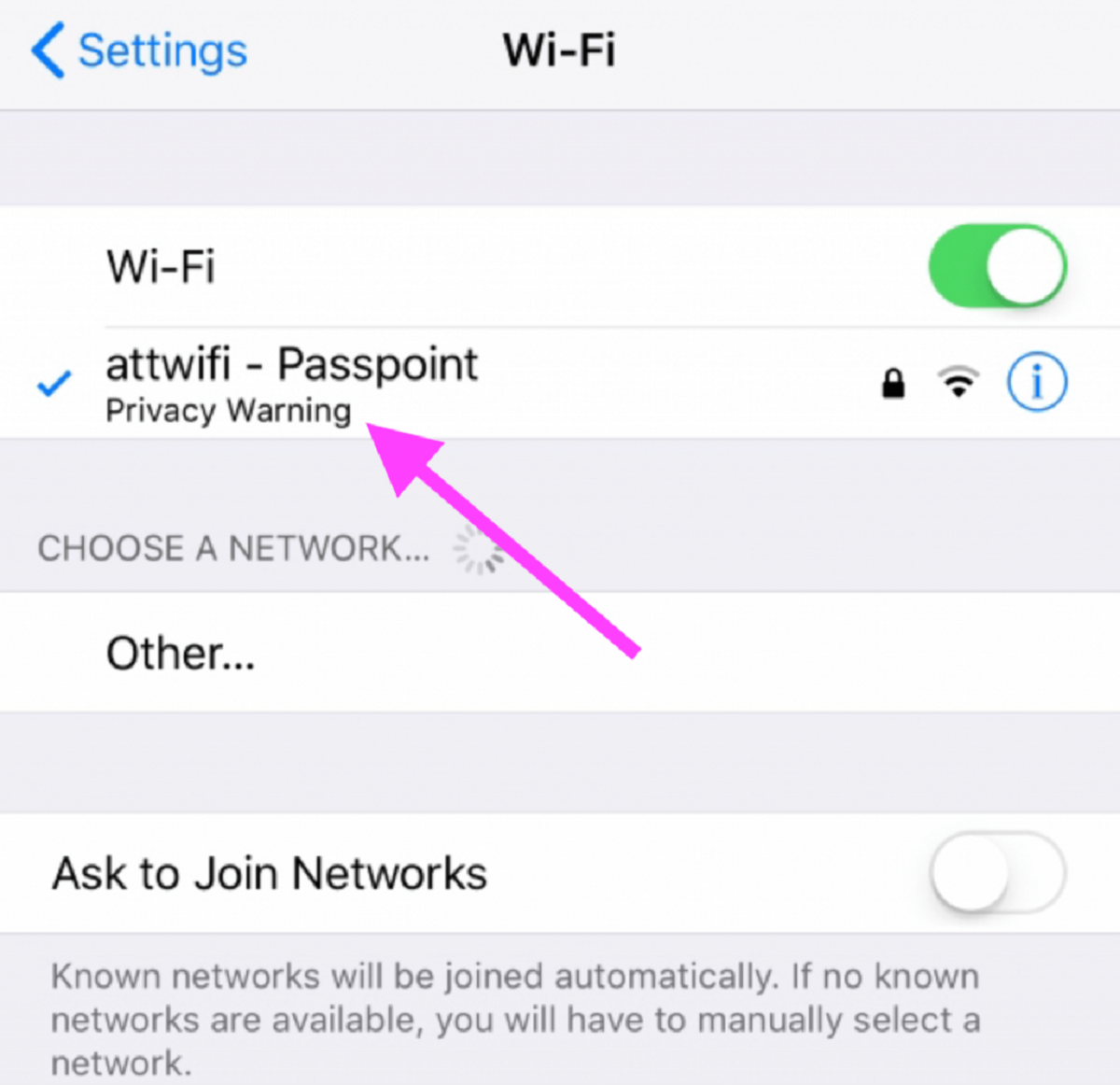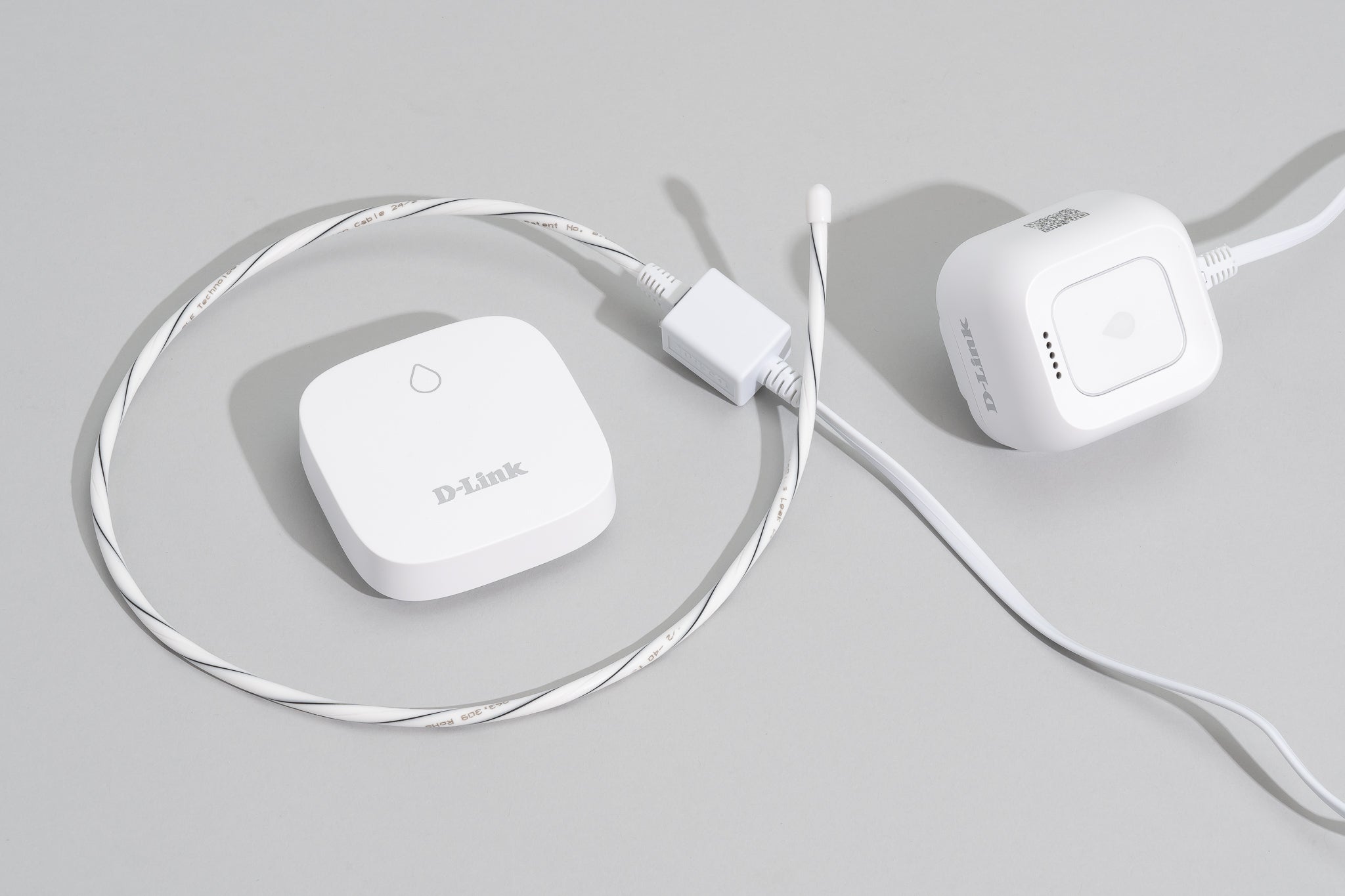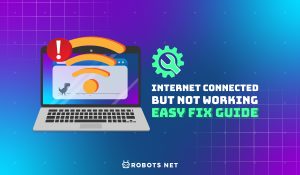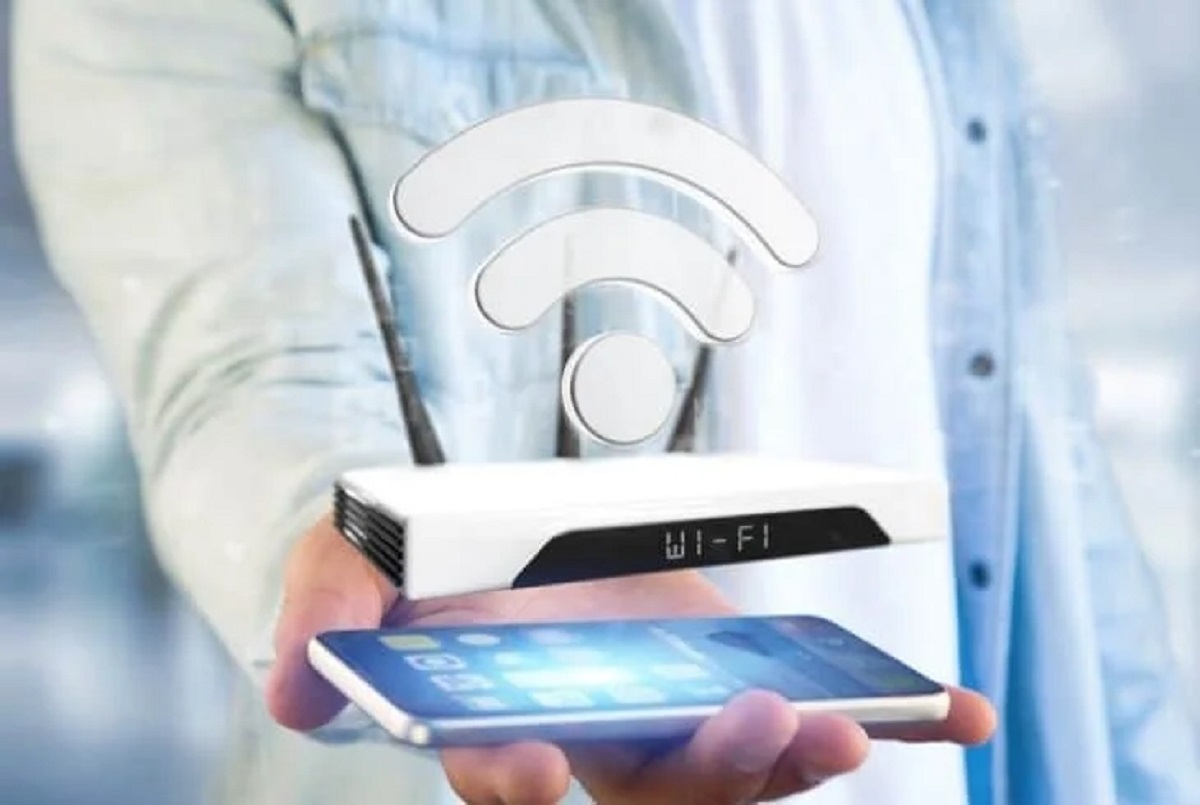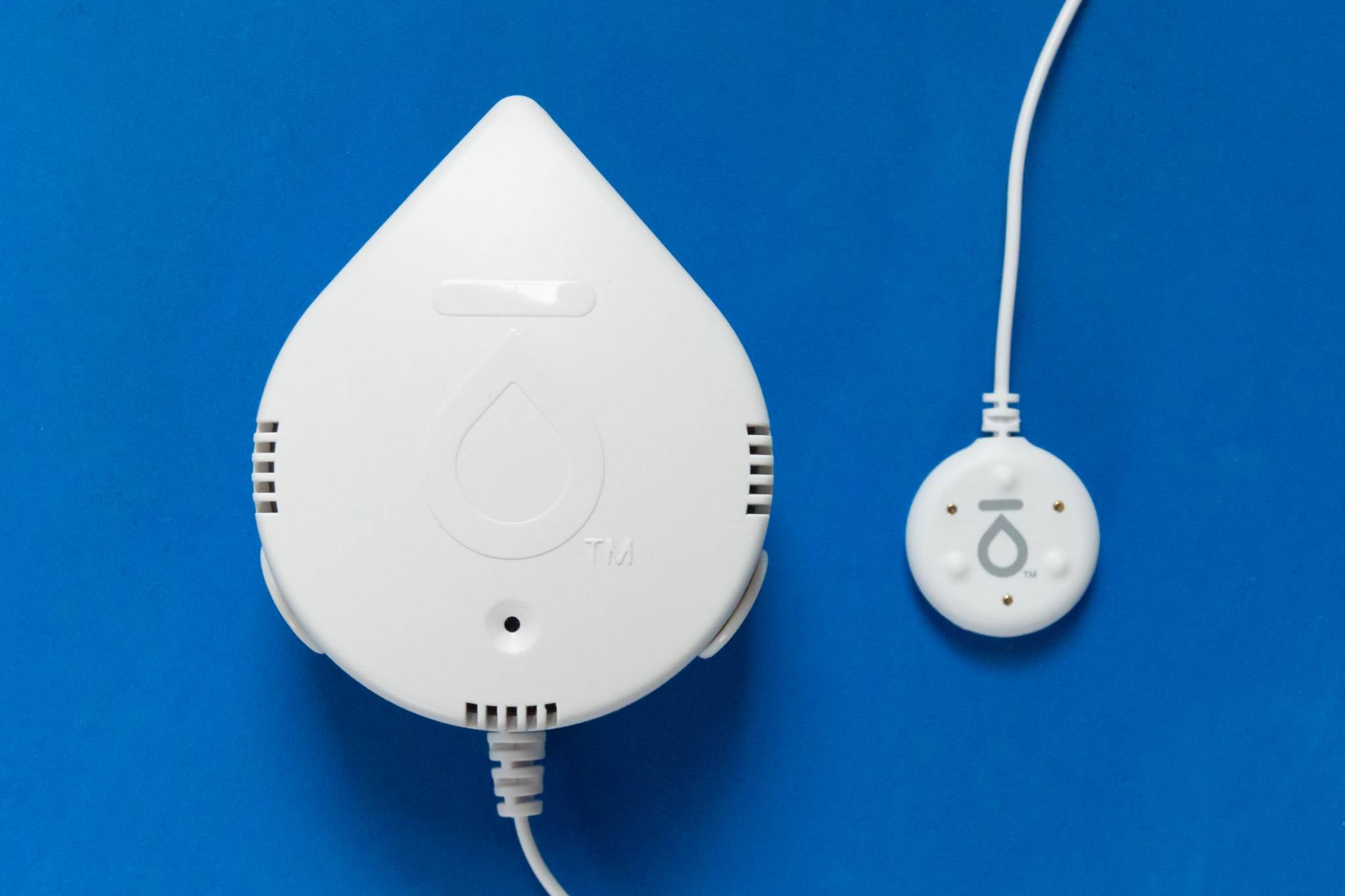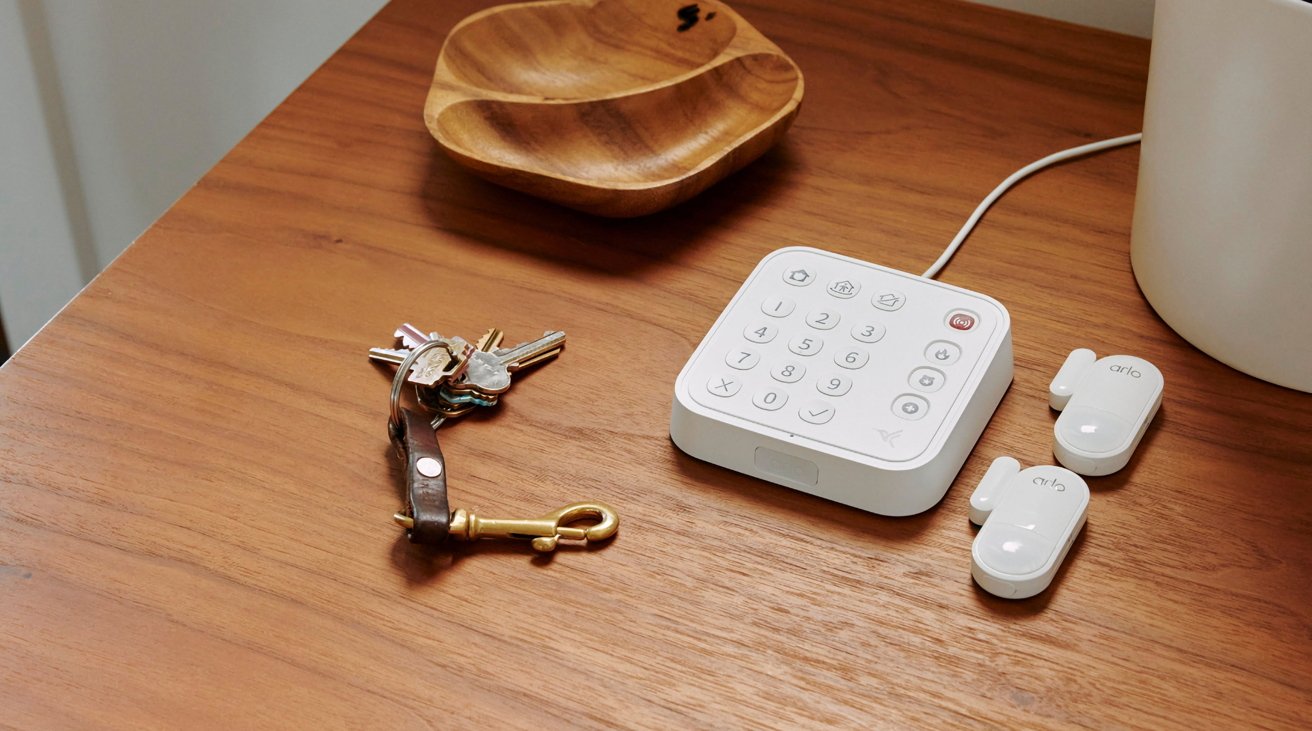What is a Privacy Warning on Wifi?
A privacy warning on wifi is a security notification that alerts users to potential risks associated with their wireless network. It serves as an indication that there may be vulnerabilities or unauthorized access attempts on the network, potentially compromising the privacy and security of connected devices.
When you connect to a wifi network, your device communicates with the router to establish a connection. During this process, various security protocols are in place to ensure secure communication. However, if there are security loopholes or weak configurations, hackers or unauthorized users can exploit them to gain access to the network.
The privacy warning is triggered when your device detects suspicious activities or potential security breaches. It can manifest in different ways, depending on the device and operating system you are using. It may appear as a pop-up message, a warning icon, or an error message indicating that the network is not secure.
The purpose of the privacy warning is to alert users that their wifi network may be compromised and to take necessary measures to secure it. Ignoring the warning or not taking appropriate actions can leave your network vulnerable, putting your personal and sensitive information at risk.
It’s important to understand that not all privacy warnings indicate an immediate threat. Sometimes, the warning may be triggered due to invalid or expired security certificates, outdated firmware, or weak password settings. However, it is always better to err on the side of caution and investigate the warning to ensure the security of your network.
In the next section, we will discuss the reasons behind the occurrence of privacy warnings on wifi and the potential risks of ignoring them.
Reasons for a Wifi Privacy Warning
There are several reasons why you may encounter a privacy warning on your wifi network. Understanding these reasons can help you identify the potential vulnerabilities and take appropriate actions to address them. Here are some common causes of privacy warnings:
- Weak Password: One of the primary reasons for a privacy warning is a weak or easily guessable password. If your wifi password is simple or common, it becomes easier for hackers to gain unauthorized access to your network. Using a strong, unique password with a combination of letters, numbers, and special characters can significantly enhance your network’s security.
- Outdated Firmware: Wifi routers require regular firmware updates to fix bugs, patch security vulnerabilities, and improve overall performance. If your router’s firmware is outdated, it may have known security loopholes that can be exploited. Make sure to regularly check for firmware updates from your router’s manufacturer and install them promptly.
- Security Certificate Issues: When you connect to a wifi network, your device checks the network’s security certificate to ensure a secure connection. If the security certificate is expired, invalid, or doesn’t match the network details, your device may trigger a privacy warning. This can happen if the router’s security certificate has not been properly configured. Contact your internet service provider or router manufacturer for assistance in resolving certificate-related issues.
- Unsecured Network Settings: If your router’s settings are not properly configured, it may leave your network vulnerable to attacks. For instance, if the encryption protocol is set to WEP (Wired Equivalent Privacy) instead of the more secure WPA2 (Wi-Fi Protected Access 2), it can be easily compromised. Ensure that your router’s encryption settings are up to date and use the strongest available option.
- Duplicate Network Name: Sometimes, a privacy warning may be triggered if there is another wifi network nearby with the same name (SSID) as yours. This can cause your device to connect to the wrong network, potentially exposing your data to hackers. Changing your network’s SSID to a unique name can help avoid this issue.
By understanding these reasons, you can assess the potential vulnerabilities in your wifi network and take appropriate steps to mitigate them. In the next section, we will discuss the potential risks of ignoring a privacy warning on wifi.
Potential Risks of Ignoring the Privacy Warning
Ignoring a privacy warning on your wifi network can have serious implications for the security and privacy of your devices and personal information. Here are some potential risks you may face if you disregard the warning:
- Data Breaches: Hackers or unauthorized users who gain access to your wifi network can intercept and read the data being transmitted between your devices and the internet. This includes sensitive information such as login credentials, financial details, and personal communications.
- Identity Theft: With access to your network, hackers can potentially collect enough information to steal your identity. This can lead to fraudulent activities, unauthorized access to your accounts, and financial loss.
- Malware Infections: If your wifi network is compromised, attackers can introduce malware into your devices. This can result in a range of issues, including data loss, system slowdowns, and unauthorized control over your device.
- Unauthorized Access: By gaining access to your wifi network, attackers can also attempt to infiltrate your connected devices directly. They may take control of your smart home devices, computers, or other internet-enabled devices, endangering your privacy and security.
- Network Abuse: Unauthorized users on your network can consume your internet bandwidth, causing slow internet speeds for legitimate users. They may also engage in illegal activities, which can lead to legal implications for the network owner.
Ignoring the privacy warning puts not only your personal data at risk but also the devices connected to your network. It is crucial to take prompt action to secure your wifi network and mitigate these potential risks.
In the next section, we will discuss how you can fix the privacy warning on your wifi network and ensure the security of your devices and data.
How to Fix the Privacy Warning on Wifi
When you receive a privacy warning on your wifi network, it’s important to take immediate action to address the underlying security concerns. Here are some steps you can take to fix the privacy warning and ensure the security of your wifi network:
- Change Your Wifi Password: Start by changing your wifi password to a strong and unique one. Use a combination of uppercase and lowercase letters, numbers, and special characters. Avoid using easily guessable passwords and make sure to update all connected devices with the new password.
- Update Firmware: Check for firmware updates for your wifi router from the manufacturer’s website. Install the latest updates to ensure that your router has the latest security patches and bug fixes.
- Configure Security Settings: Access your router’s settings through a web interface and configure the security settings. Make sure to enable the most secure encryption protocol available, such as WPA2, and disable any outdated or weak options like WEP.
- Check Security Certificates: Verify the security certificate of your wifi network to ensure it is valid and properly configured. If there are any issues, contact your internet service provider or router manufacturer for assistance.
- Change Network SSID: If you suspect that another nearby network has the same name as yours, it’s advisable to change your network’s SSID to a unique one. This helps prevent your devices from connecting to the wrong network.
- Consider Additional Security Measures: Depending on your needs and the level of security you require, you may want to consider additional security measures. This could include setting up a guest network for visitors, enabling MAC address filtering to only allow specific devices to connect, or even using a virtual private network (VPN) for added encryption and privacy.
By following these steps, you can address the security vulnerabilities identified by the privacy warning and ensure a safer environment for your wifi network. Regularly reviewing and updating your security measures will also help to safeguard against future privacy warnings and potential threats.
In the next section, we will discuss some general tips for ensuring the overall security of your wifi network.
Ensuring Your Wifi Network Security
Securing your wifi network goes beyond just addressing the privacy warning. It’s essential to implement ongoing security measures to protect your network from potential threats. Here are some general tips to ensure the security of your wifi network:
- Use a Strong Firewall: Enable the firewall feature on your router to act as a barrier between your network and the internet. This helps filter out malicious traffic and provides an additional layer of protection.
- Regularly Update Devices: Keep all devices connected to your wifi network updated with the latest software and security patches. This includes computers, smartphones, smart home devices, and routers.
- Enable Network Encryption: Always use encryption protocols, such as WPA2, to secure your wifi network. Encryption helps scramble the data being transmitted, making it more difficult for hackers to intercept and decipher.
- Disable Remote Management: Disable remote management of your router. This prevents unauthorized access to your router’s settings and configuration.
- Be Cautious of Public Networks: When connecting to public wifi networks, verify their legitimacy and avoid transmitting sensitive information unless using a secure connection, such as a VPN.
- Regularly Change Passwords: Set a reminder to periodically update your wifi network’s password. This adds an extra layer of security and helps prevent unauthorized access.
- Secure Your Router: Change the default login credentials for your router’s administration panel. Use a strong and unique password to prevent unauthorized access.
- Monitor Network Activity: Regularly check the devices connected to your network and monitor for any suspicious activity. Consider using network monitoring tools to identify and block any unauthorized devices.
- Educate Yourself and Users: Stay informed about the latest security threats and educate all users of your network about best practices for internet security. This includes avoiding suspicious websites, not opening email attachments from unknown sources, and being cautious of phishing attempts.
By implementing these practices, you can create a more secure environment for your wifi network and minimize the risks of potential security breaches and privacy warnings.
In the next section, we will summarize the key points discussed and emphasize the importance of proactively addressing wifi network security.
Conclusion
Wifi privacy warnings serve as important indicators of potential risks and vulnerabilities in your network. Ignoring these warnings can have serious consequences, including data breaches, identity theft, malware infections, and unauthorized access to devices. It is crucial to take immediate action to address these warnings and enhance the security of your wifi network.
In this article, we discussed what a privacy warning on wifi means and the potential reasons behind its occurrence. We explored the risks associated with ignoring the warning, which include data breaches, identity theft, malware infections, and network abuse.
We also provided helpful tips on how to fix privacy warnings, such as changing your wifi password, updating firmware, configuring security settings, checking security certificates, and changing network SSID. Additionally, we emphasized the importance of ensuring the overall security of your wifi network by using a strong firewall, regularly updating devices, enabling network encryption, disabling remote management, being cautious of public networks, and monitoring network activity.
By following these best practices and implementing ongoing security measures, you can significantly enhance the privacy and security of your wifi network. Regularly reviewing and updating your security configurations, as well as staying informed about the latest security threats, will help safeguard your personal information and prevent potential privacy warnings in the future.
Remember, maintaining a secure wifi network is essential for protecting your devices, data, and privacy. Take proactive steps to address privacy warnings and prioritize the security of your wifi network to ensure a safe online experience.







